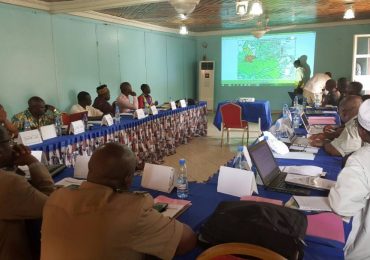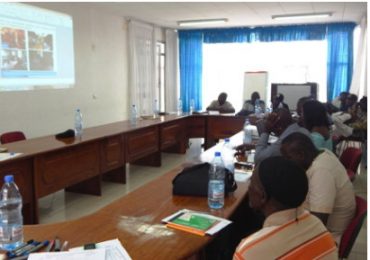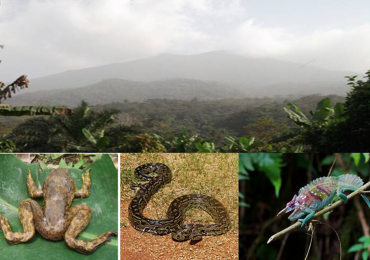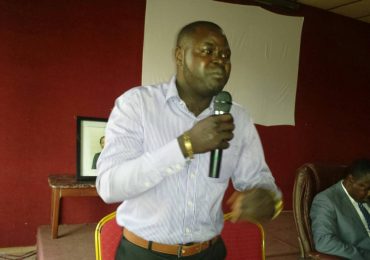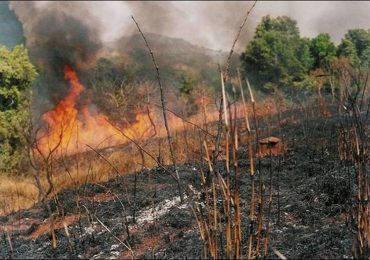Cameroon last February 2, 2018 joined the international community in commemorating the 21st edition of the World Wetland Day celebrated under the theme: wetlands for sustainable urban future. As part of activities to mark this day, Cameroon Minister of Environment, Protection of Nature and Sustainable Development, Hele Pierre, visited some wetlands within the Simbock neighborhood in Yaounde where he sounded a note of warning to the people of Yaounde VI transforming wetlands into dry lands for construction purposes. The Minister underscored the fact that such a practice is not only ecologically unfriendly but completely violates environmental laws protecting wetlands/marshy areas in Cameroon.
Calls like that of Minister are resonated almost every year by environmental NGOs and government officials but the practice of recovering wetlands for anthropogenic activities in Cameroon is really alarming. Statistics from the Yaounde VI council for example indicates that wetlands occupy up to 7km2 of the municipality’s surface area. Within this 7km2 wetlands are about 400 houses accommodating over 2000 people. Though transformed to dry lands already, these people are more or less at the risk of floods and other natural disasters.
The phenomenon of transforming wetlands to dry lands better known as land reclamation has become even more perennial in large towns in Cameroon with population and urban expansion and the scramble for a place under the sun. It has become a common phenomenon to see houses and other construction work sprouting on wetlands in complete disregard of environmental consequences and national and international regulations forbidding such practices. Last August 2017 for example, the Chairman of Cameroon’s leading opposition party, the Social Democratic Front, Ni John Fru Ndi and the councilors of Bamenda II and III councils staged a protest against the construction of an industrial outfit on a wetland at the Mile four neighborhood by a business tycoon, who defiled the Government Delegate to Bamenda City Councils’ injunction against the reclamation of that piece of land but till date, seemingly nothing has been done against him. It is a similar situation in wetlands and watersheds in Cameroon’s coastal towns like Limbe, Douala and Buea where individuals even brandish land certificates on wetlands, which is supposed to be a common property resource.
Wetlands are a critical part of our natural environment and contribute enormously to reducing storm and flood impacts, controlling pests, absorbing pollutants and ensuring fresh water availability. They equally serve as a great source of primary products like agriculture, fisheries and forestry. Besides these, wetlands are great sites for tourism and recreational activities, which if well harnessed can generate income for the socio-economic development of the country.
It’s therefore incumbent on the Cameroon Government to put in place a more aggressive law enforcement mechanism against wetlands reclamation. Such efforts will not only save the country from the increasing floods plaguing urban areas in the rainy season but will salvage many parts of Cameroon from the ever increasing water crises as well as contribute to the meeting of her international commitment in the fight against climate change.





